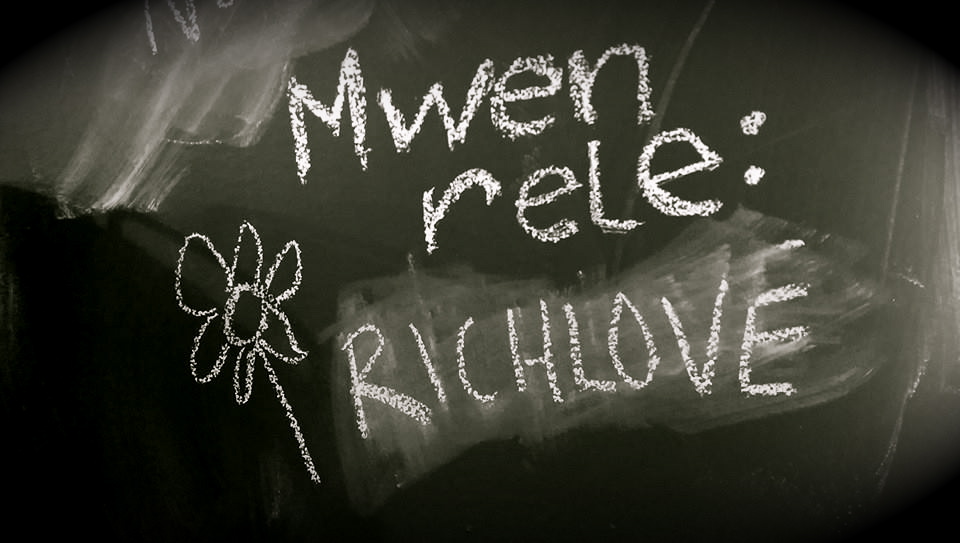 Pronounced: [ree-sh-lov] Her sister is Mylove [I called her Milo for the better part of a week]
Pronounced: [ree-sh-lov] Her sister is Mylove [I called her Milo for the better part of a week]
Kijan ou rele? = What’s your name?
Mwen rele = My name is
If all of the stories you share when you come back from Haiti feature “this adorable little boy” or “a woman in the market” and “that guy at the clinic” then it’s likely the only stories that Haitians are sharing about your work in their communities go something like this:
“Blan yo rive, yo fè [fill in the blank] epi yo soti”.
The foreigners come, they do [something] and they leave. You become part of the parade of blan who have come through before.
That doesn’t sit well with me, I hope that the people I’ve met remember me as more than “that blan”, but I can only be sure of this if I remember them as more than “the guy that I met at the Citadelle”.
Your stories need names to fill them: real live people who existed before you arrived and will continue to exist after you leave. The problem with generalizations (this little girl, that older man, a woman, etc.) is that they only give you a snapshot of that person. You’re left with an image of someone in a place and time that existed only when you were a part of it.
When you know the names of the people you met, I bet you’ll be surprised by how often you catch yourself thinking, “I wonder what (Emmanuel, Mylove, Thony or Martin) is doing today?” and maybe even, “When will I see him/her again?”
“Kijan ou rele?” goes a long way. Reach out and connect with the people you interact with each day and make a point to remember them; it’s one of the greatest acts of service you can do.
by Erin Nguyen on September 4, 2014
